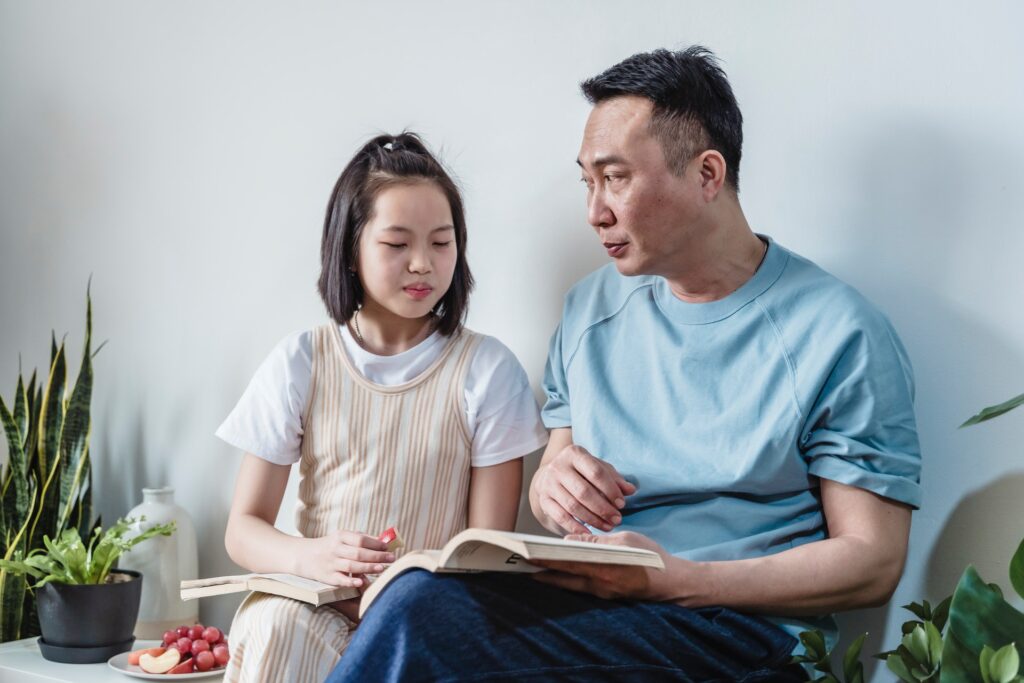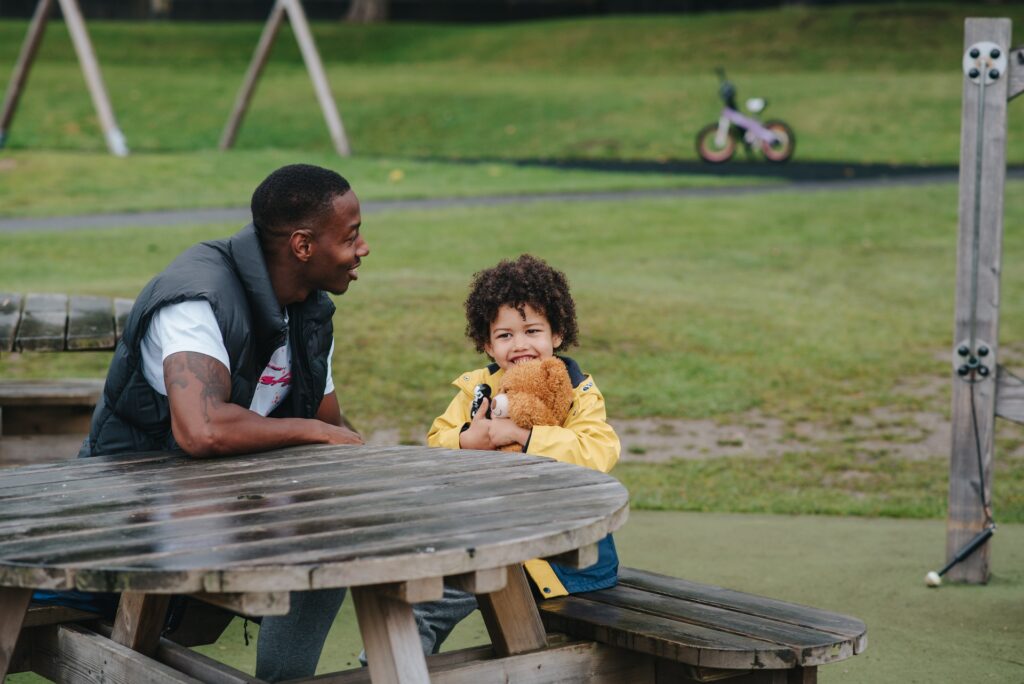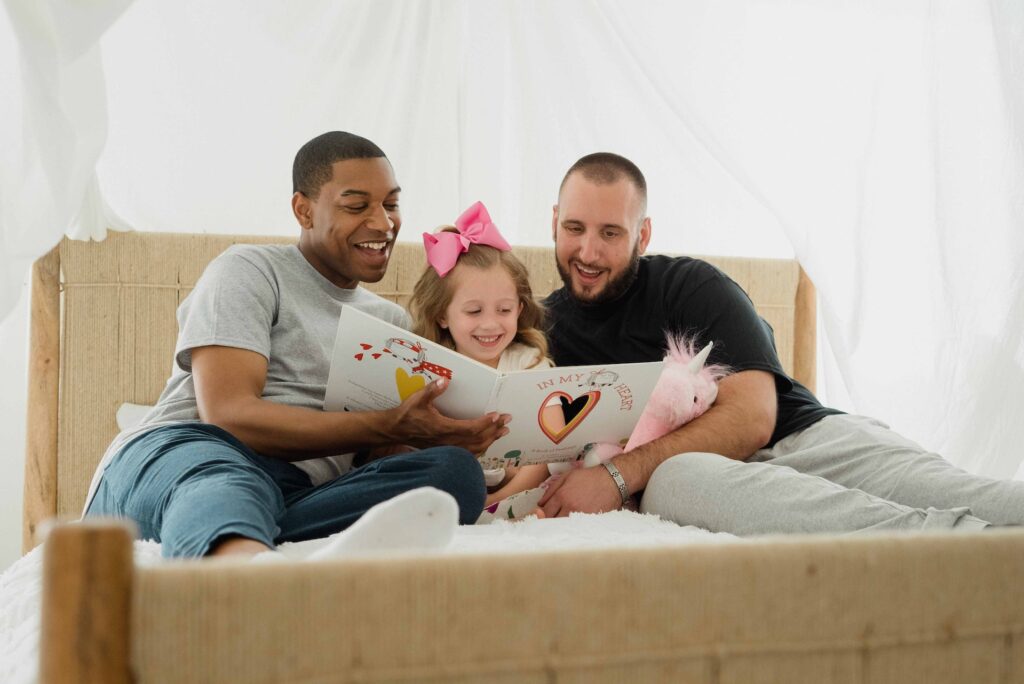Who we serve makes this matter
Deepening equity gap and impact on kids drives is central to our why.


We know and honor all of those perspectives. We know that when we come together with families we must start from a place of understanding their experience in order to inform care.
As a children’s mental health center, our purpose is to help children, and their families, heal from painful emotional experiences. We value the well-being, mental health and equality of every person, especially those who have experienced discrimination based on their race, gender identity and/or expression, socio-economic status, ability, sexual orientation, age, ethnicity, immigration or refugee status.
Honoring all as we deliver care
Mental health is deeply personal, connected to identities, culture and experiences. That is why we must center our work in continuous and determined learning and growth for equity, diversity and inclusion.
While the majority of families we serve identify as BIPOC — we know that’s only part of the story. An added complication for communities of color is a historic, complicated relationship with health care and the medical profession in general – when you dial into mental health it’s even greater.
Most systems have been established and follow practices that aren’t in the best interest of communities of color who are hesitant to engage with them.

Stigma improves, yet remains
While the world around us is more accepting — in part thanks to high profile athletes and others, there remains cultural biases surrounding mental health. In fact, some communities and cultures don’t have words that reflect the English-language definition of mental health.
For youth who identify as LGBTQIA+, mental health concerns have continued to mount – and deepened with legislative and law creating even more risk for their health.
So the work we do with our staff around making sure the services we provide are even more culturally responsive. We can’t help kids and their families unless we start with an understanding of their experiences and what they need. For some, we know it may be the first time in that family’s history that they reached out for help.
We understand how hard that first call for help can be.
And, we’re here to help.

Did you know?
43%
of LGBTQIA+ youth in Minnesota seriously considered suicide in the past year
70%
of LGBTQIA+ youth in Minnesota reported experiencing symptoms of anxiety in the past year
49%
of LGBTQIA+ youth in Minnesota who wanted mental health care in the past year were not able to get it.
